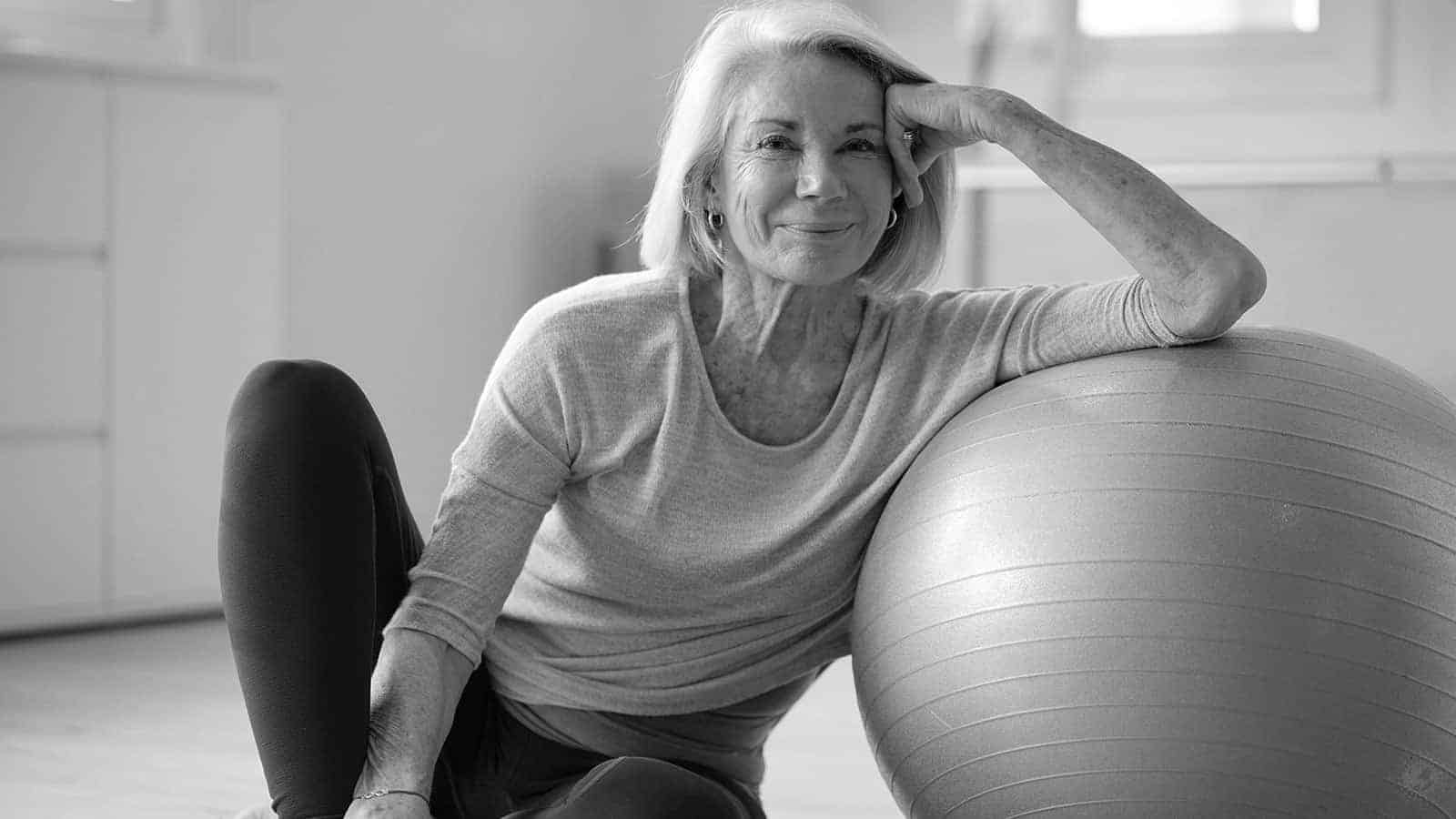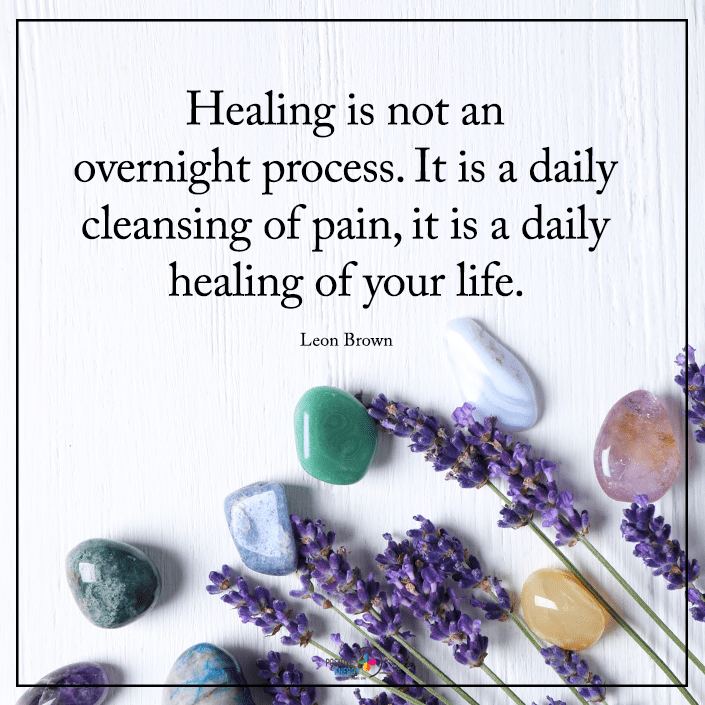Women may be more likely to put themselves second or third to their children, spouse, or work, but they take their health seriously. That said, there may be some check-ups or daily health habits that you are putting off. Staying healthy isn’t just about going to the doctor. How you handle stress, eat, exercise, hydrate, and more relatively little things can have a significant impact on your health down the road.
Here are 25 things every woman needs to know about their health.
Stay on top of your health check-ups
Seeing a doctor when you feel good can be a waste of time. Understandably, you’re busy, the doctor’s office is busy, and there are family and work demands. Maintaining your health check-ups is crucial to staying healthy and available for your family for the long run. Here are the doctors women should see and how often:

-
Make a date with your primary physician
Depending on your health and age, the number of visits to your primary may vary.
Women under fifty without a chronic condition, should visit their primary care provider every 2-3 years. When you do visit, however, make sure you are getting blood work run to check for blood sugar, diabetes, thyroid, cholesterol, and overall blood count. Those tests can help catch conditions that you may not even be aware of the symptoms for. Also, if caught early, it can be halted and reversed with a proper diet change rather than being on medication.
With the tests, the doctor should also check your blood pressure, weight, and height. Make sure you are up to date on vaccines too.
From age 50 and over, you should visit the doctor yearly. During those annual visits, your blood tests become more important. Additionally, mammograms, bone density, and colonoscopies should be scheduled. Colonoscopies should be scheduled every ten years.
-
See your Gynocologist
Your OB/GYN should be seen yearly for a pelvic exam. When you are sexually active, you should also get tested each year for STD’s.
Every three years, you should have a pap smear and HPV virus test. These tests are your early indicators for cervical cancer.
During your pre-menopausal and menopausal years, you may wish to see your OB/GYN more often for treatment options in dealing with the symptoms. Frequently, we aren’t aware of which symptoms are related until we’ve spoken with a doctor.
-
Bite the bullet, visit your dentist
Keeping your teeth and mouth in excellent oral health is a preventative measure for your overall health. Maintaining good dental hygiene not only is a great way to keep your teeth into your older years but can also decrease risk factors for other diseases. Weak dental hygiene links to the following conditions:
- When your mouth carries a lot of infection or bacteria, it can travel through your bloodstream. It may lead to the heart’s chambers, attach to the inner lining, and create an infection there.
- Heart disease. Bacteria in your mouth may cause infection and inflammation, leading to blocked arteries, heart disease, and stroke.
- Problems with pregnancy and birth. Infections in your mouth might trigger premature births and low birth weights.
- Infections in your mouth can carry to your lungs to cause pneumonia and other lung-related infections.
-
Avoid sugary drinks and drink water
The current formula for water consumption is 8 x 8 or 8 oz eight times a day.
Soda or sugary drinks do not count as water. Herbal tea and coffee can be included as part of your liquid intake. Preferably, drink your coffee black if you can to cut down on excess sugar and fat from creamers.
-
Monitor your mental health
Mental illness can affect people of any age, including seniors. Depression and anxiety can hit at any time, including, during or after pregnancy, during perimenopause or menopause, and during high-stress times.
Some mental illnesses, such as bipolar disorder, hit in the late teen years through adulthood. Stay aware of your emotional condition and seek help as soon as possible.
-
Learn to minimize your reactions to stress and rid your body of stress
Stress is a part of everyone’s every day. It can’t be avoided, but we can change how we respond. We can also do things not to let it build up in our bodies and mind.
- Practice breathing exercises
- Take a walk, preferably in nature
- Meditate
- Exercise
- Journal
-
Pay attention to your gut
Our gut health is proving to be very important to our overall health, both mentally and physically. Take probiotics, eat foods with fiber, and cut back on unhealthy fats and processed foods to improve your gut health.
-
Eat healthily
Make a point of eating vegetables, fruits, proteins, and whole grains daily. Eating right provides your body with the nutrients your cells need to handle the stress of your day, boosts your immune system, and keeps your brain, heart, and other organs healthier.
-
Get 6-8 hours of sleep
A lack of sleep can cause so much damage to your body and brain. When you aren’t getting enough sleep, you’re less able to focus, handle stress, and problem-solving, and your mood goes down. Over the long term, a lack of sleep can trigger heart disease, stroke, diabetes, and other significant conditions.
-
Exercise
Doing thirty minutes of exercise 4-5 days a week has proven to aid in keeping your blood pressure down, helping your joints and bones, and keeping your heart healthy.
-
Laugh more
Enjoy life and laugh at it and in it. Laughing releases dopamine in the brain, which improves your mood, motivation, and enjoyment of different things and decreases stress. It can even benefit your relationships.
-
Be in nature
Enjoying the outdoors through a walk, hiking, outdoor sport, or just relaxing in the park, may improve the immune system, reduce stress, and improve overall mood.
-
Make time for you
Everyone must have time to follow their hobbies, be with friends and spouses out of the house, or take a class just for themselves. You are more than a mom, spouse, co-worker, or boss. You are you. When you don’t take time for your interests, a person tends to stagnate in growth and learning and feel more restricted in life.
-
Watch your alcohol
Most of us know the reasons to be mindful of how often and how much we drink. A woman should not exceed one drink per night to ensure that damage isn’t done to her liver. It also turns out that as women get older, their tolerance decreases. The enzymes that typically break down alcohol decrease with age so that you may find yourself with a longer buzz or hangover the next day after age 40.
-
Your bra is important
Make sure you are getting fitted for your bra at least once a year. A poorly fitted bra can cause shoulder and neck pain, bad posture, skin irritations, marks, and increase your breast density due to poor circulation.
-
Have a positive attitude toward yourself
BE PROUD OF YOURSELF! You are amazing! Tell yourself affirmations of that every day, and don’t be afraid to compliment other women on their attitudes, smiles, abilities, or anything else that comes to mind. It doesn’t need to be about appearance. A positive attitude towards women starts with ourselves and sharing positivity with other women.
-
It’s not a diet; it’s a lifestyle
Diets requiring pills, starving yourself, or special supplements promising miracles are unhealthy. It took you years to put the weight on, and it will take you months to years to take it off. Losing weight isn’t about just losing weight. It’s about choosing a healthy way to live with food. Once you do that, you can maintain your weight in a positive way that doesn’t need to feel like an ordeal.
-
Fight the Fads with Facts
Not every new study about the results of a new supplement, herb, diet, tea, fruit, or vegetable is conclusive. Give further information time to accumulate real facts and research what it is and who or what organization funded the study.
-
BMI trumps weight loss
Your weight is vital for good health, but your BMI is more critical. BMI is Body Mass Index, which tells you the fat percentage for your height and the weight you are carrying. The excess fat in our bodies makes our weight important, not the pounds. That’s why a bodybuilder can be 5’5″, weigh 180 pounds, and still be healthy.
-
Supervise your salt intake
It’s difficult to watch our sodium intake. It can be challenging to track between packaged foods, restaurant food, and even our cooking. At least as far as the foods you buy, the salt levels should be equal or less to the calorie intake. So if a piece of bread is 90 calories, then the sodium should be 90 mg or less. The goal is to keep your sodium down to 1500 mg. That can add up quickly if you aren’t paying attention!
-
Perfect your posture
Having good posture isn’t just about making you look better. You naturally pull in your stomach when you stand or sit up straight with your shoulders back. This simple action works your core, which is crucial for back health and balance. Good posture also keeps your internal organs where they should be, aids your upper back, shoulder, and neck from becoming stressed and prevents gaining that rounded hump at the back of the neck or rounded shoulders.
-
Don’t overlook skin health
Most women worry about their face most when it comes to skincare. Yet, it’s the hands that show our age even more, and the drier your skin is, the less elastic and supple it is. Maintaining moisture on the skin on your body isn’t just aesthetic. It also helps with healing from cuts and bruises and increases circulation by applying lotions and oils.
-
Add essential oils
Essential oils have many benefits, including killing fungus and bacteria, astringent agents, soothing sore muscles, and lifting moods. Not every essential oil does as is claimed. However, many used for years have proven to have ultimate success. Examples include tea tree oil, peppermint, eucalyptus, lavender, orange oil, and lemongrass.
-
Freshen up your routine
Much of life is all about habits and schedules, and while that keeps things running smoothly and efficiently, it dulls our awareness and appreciation for life and those around us. The more we stick to a pattern of living life, the more narrowed our focus becomes and the less outside of ourselves we see. Pick one thing to do differently for at least three or four days a week. Take a different route to work, stop at a yogurt shop after picking up the kids, take a bubble bath on a different night, walk backward to your car, or say hi to the one person you rarely acknowledge at work.
-
Do something daring!
Our ability to adapt to change is one of humankind’s most essential survival skills. Being adaptable allows you to think creatively, problem-solve, adjust to changes in relationships, society, and life. Little things to do to keep that adaptability healthy is do something that pushes your boundary. Take a cold shower, learn a foreign language, travel, change how you do a daily activity, learn a new hobby, or be a volunteer at an organization that may test your tolerance.






















